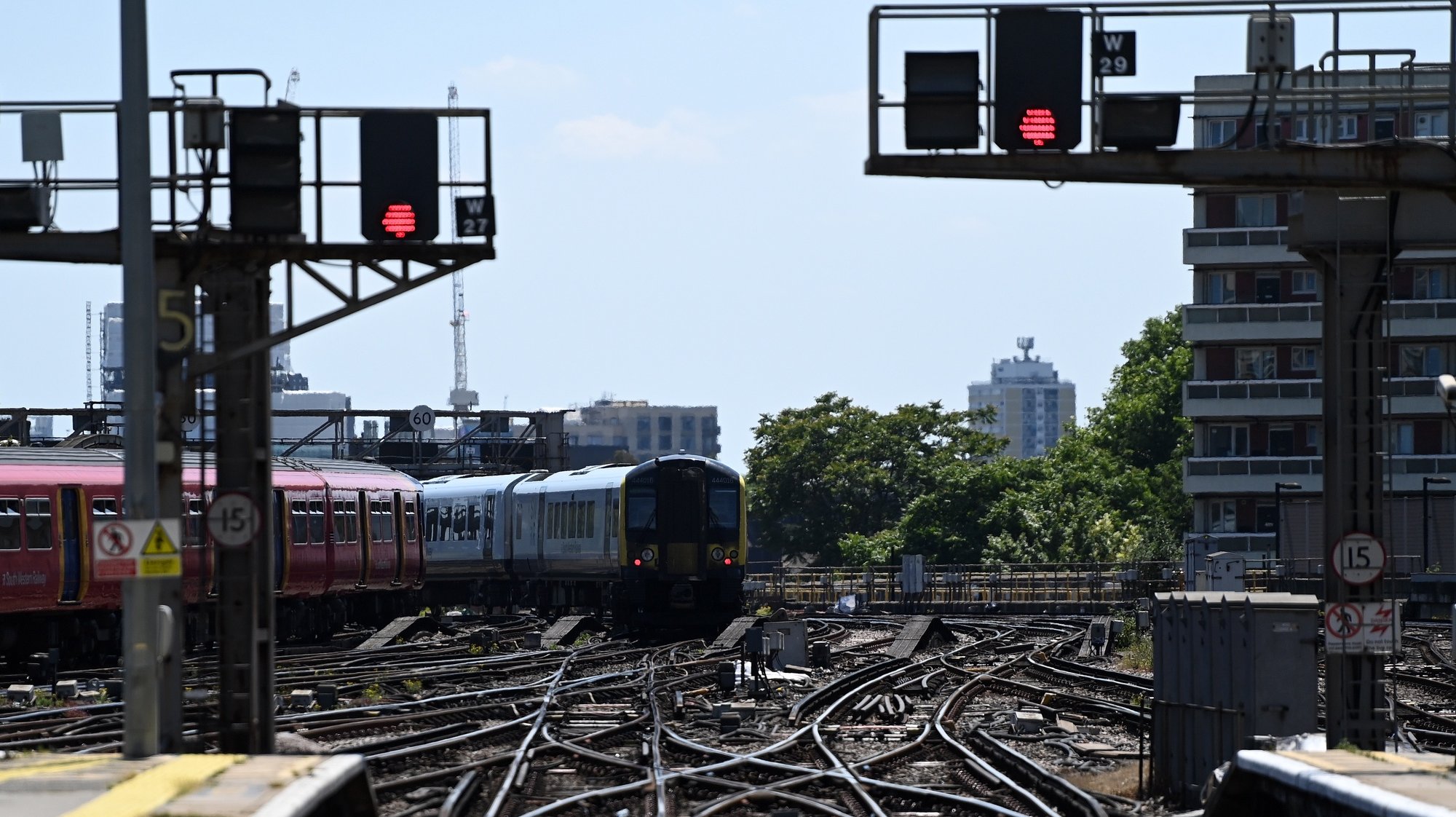Britain is bracing for the biggest rail strike in more than 30 years after negotiations with the sector demanding better wages and working conditions broke down, the unions said.
“Despite the best efforts of our negotiators, no workable agreement has been reached,” lamented the general secretary of the RMT railway union, Mick Lynch, after negotiations that lasted several weeks.
The railway strike is scheduled for Tuesday 21, Thursday 23 and Saturday 25, confirmed the union, which estimates, according to Agence France-Presse, the adhesion of 50,000 workers. The unions point to Tuesday as the day of greatest impact of the strike that will affect the railway lines throughout the country and the London Underground, but interruptions in transport are expected between Monday and Sunday.
The Network Rail company, which manages the country’s railway infrastructure, estimated that only 20% of the service will be provided, with half of the network open, in the three days of the strike.
According to Mick Lynch, at the heart of the conflict is “the decision of the Conservative government to cut four billion pounds [4,6 mil milhões de euros] in subsidies of the transport systems of the United Kingdom”. “In the wake of government-imposed austerity, companies have made the decision to cut the Railway Pension Scheme and the London Transport Scheme, cutting benefits, making employees work longer, with impoverished pensions despite paying plus taxes,” he said.
The RMT also states that the manager of the railway network Network Rail intends to cut at least 2,500 jobs in maintenance, as part of a saving plan of two billion pounds (about 2,330 million euros). A spokesman for the Rail Delivery group – an association body of the British railway industry that groups together passenger and freight rail transport companies – said, for his part, that “nobody wins” with a strike.
Companies will try to “maintain as many services as possible”, but interruptions “will be unavoidable and some parts of the network will not work”, he added, urging passengers to consider using alternative transport.
The break could affect various sporting and cultural events, such as the Glastonbury music festival and the Rolling Stones concert in London’s Hyde Park on Saturday, and final exams for some high school students.
Source: Observadora
